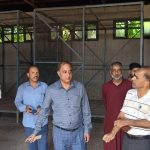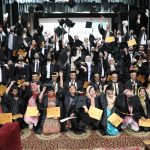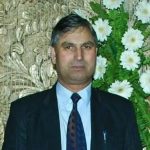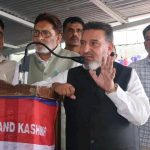Srinagar, July 19: To enhance the health and safety of the university community through continued education and practical training in life-saving techniques, the University Health Centre, University of Kashmir (KU) in collaboration with the Regional Institute of Health and Family Welfare (RIHFW) and the Directorate of Health Services, Kashmir (DHSK) organised a two-day training programme here.
Titled, ‘Basic Life Support (BLS)’, the event supported by the Department of Students’ Welfare (DSW), KU, concluded Friday and was aimed to equip participants with essential life-saving skills and raise awareness about the importance of BLS.
Nearly 200 participants including NSS volunteers, students from the University Model School besides other KU departments, faculty and officials from the university administration attended the programme.
During the inaugural session, KU Registrar, Prof Naseer Iqbal, emphasised the necessity of such initiatives for students and said that the varsity’s commitment to the health and well-being of the community is reflected in the round-the-clock medical services offered by the University Health Centre.
“This training will equip the participants to save lives in situations involving cardiac arrest, respiratory distress and other emergencies,” he said.
Dean, Students’ Welfare, KU, Prof Shamim Ahmad Shah, underscored the importance of BLS training for university staff, workers and students.
Coordinator, University Health Centre, Dr Khalid Nazir said that the knowledge of Basic Life Support empowers one to act decisively during critical situations.
A comprehensive demonstration was conducted by Dr Imran Masood, Consultant, Medicine and Training Supervisor, RIHFW. He provided attendees with practical, hands-on sessions on performing basic life support during emergencies. Dr Masood highlighted the significance of immediate action in scenarios like unconsciousness, burns, bleeding, and fractures.
“Based on scientific research, approximately 20 minutes of administering Basic Life Support is sufficient to stabilise a patient untill professional help arrives,” he said.
Dr Masood outlined a structured approach for providing Basic Life Support training, emphasising personal safety, patient response assessment, contacting emergency services, pulse assessment, compressions and the head tilt-chin lift maneuver.
He recommended performing 30 compressions followed by 2 rescue breaths, with specific adjustments for infants and scenarios involving two rescuers.
The training programme also featured Dr Masood Rashid (Consultant Anaesthetist); Dr Ijtiba Shafi (Dental Surgeon); Dr Ajaz Hamdani (Dental Surgeon) and Mohammad Shafi Shah (Supervisor Pharmacist), all Master Trainers of Basic Life Support.
Medical Officer, University Health Centre, Dr Suraya Jan conducted a scientific session and a question-answer segment.
2-day basic life support training concludes at KU
Timely intervention can significantly impact outcomes during emergencies
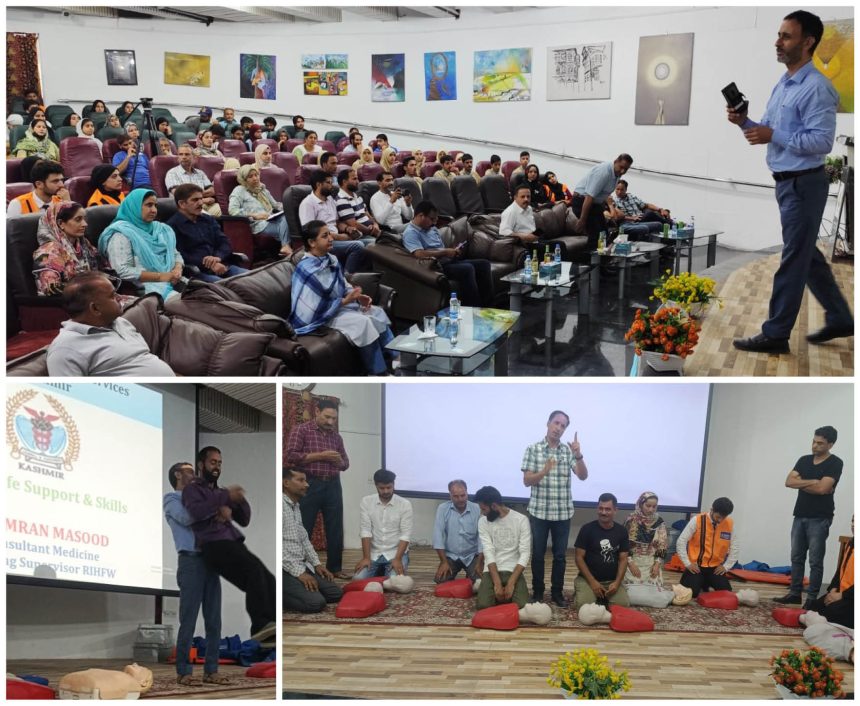
Leave a Comment
Leave a Comment




